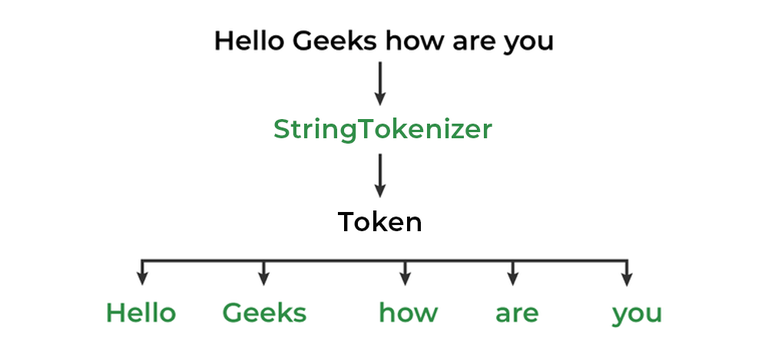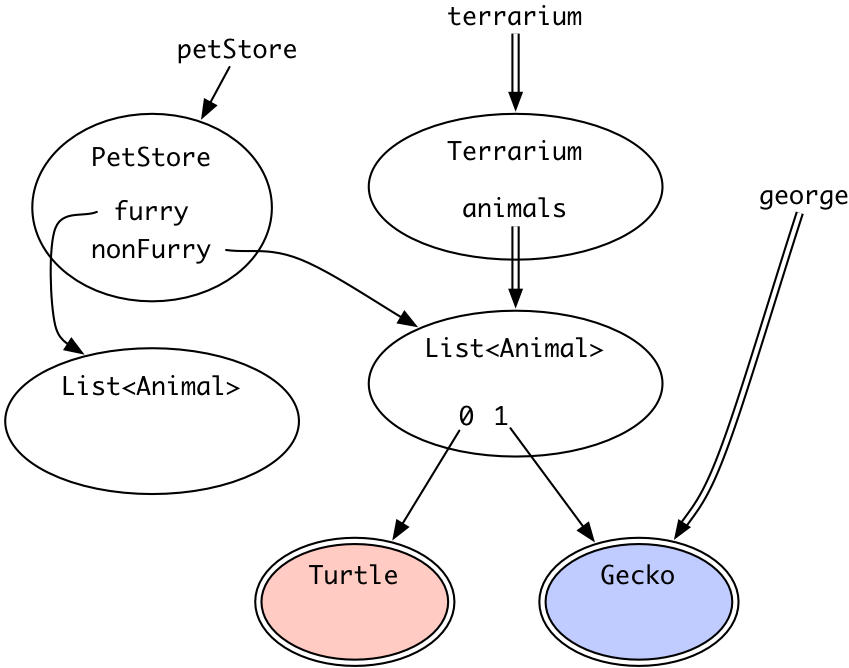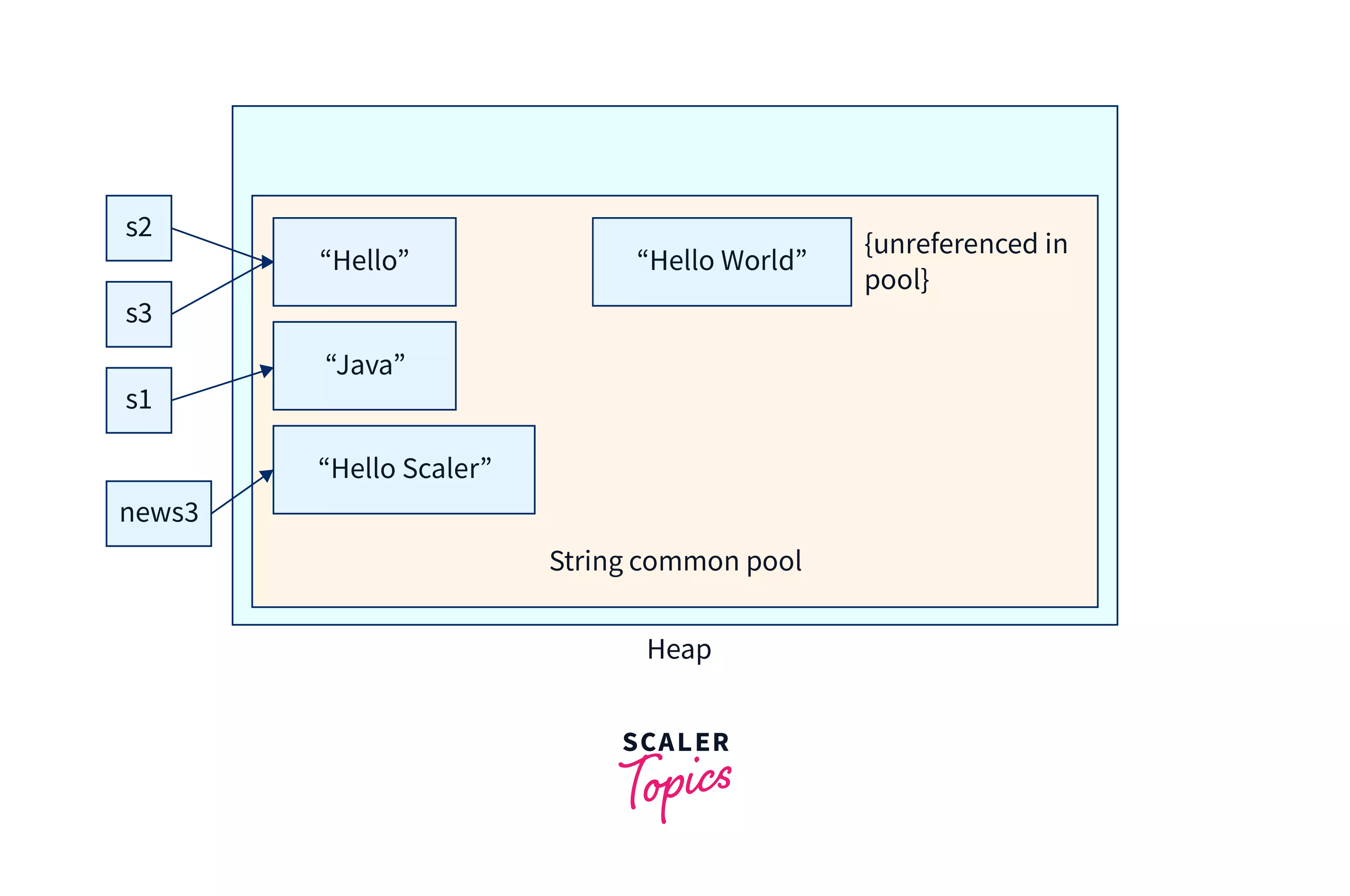Why Are Strings Immutable in Java? Enhancing Code Integrity
Why Are Strings Immutable in Java? Enhancing Code Integrity
Blog Article
What Is Unalterable Strings and Just How It Works
In the world of shows, comprehending the idea of unalterable strings is vital for developing protected and robust applications. Immutable strings refer to strings that can not be altered after they are produced, making sure information integrity and predictability within the code. This essential concept plays an essential duty in various programming languages and offers a special strategy to handling data. By discovering the ins and outs of exactly how immutable strings operate, one can discover a world of advantages and possibilities that can elevate the quality and effectiveness of software program growth.
The Basics of Unalterable Strings
Immutable strings, as a fundamental concept in programming, are personality series that can not be transformed as soon as they are produced. This indicates that once a string is appointed a worth, that value can not be modified. In languages like Python and Java, strings are immutable objects, bring about numerous ramifications in terms of memory monitoring and data honesty.
One of the key benefits of immutable strings is that they give a feeling of security in data adjustment. Given that the material of an unalterable string can not be customized, it guarantees that the initial data stays undamaged, reducing the danger of unexpected changes during program implementation (Why are strings immutable in Java?). This residential or commercial property additionally streamlines debugging processes, as programmers can rely on that once a string is defined, its value will not be accidentally changed
In addition, unalterable strings assist in efficient memory use. When a brand-new string is developed based upon an existing one, instead of changing the original string, the brand-new value is stored individually. This approach enhances efficiency by minimizing memory fragmentation and simplifying memory appropriation processes. In general, recognizing the basics of unalterable strings is critical for grasping programming concepts and enhancing code effectiveness.
Advantages of Immutable Strings
Building upon the safety and effectiveness benefits of unalterable strings, their benefits expand to improving code integrity and simplifying concurrent programs tasks. By being immutable, strings can not be customized after development, which gets rid of the threat of unintended changes in the data they keep. This intrinsic immutability guarantees that when a string is developed, its worth continues to be continuous throughout the program's implementation, minimizing the possibilities of bugs triggered by unforeseen alterations.
In addition, immutable strings add to code dependability by making it easier to reason about the state of a program. Since strings can not be altered, programmers can trust that a string will certainly constantly hold the same worth, simplifying debugging and maintenance efforts. This predictability causes more steady and dependable codebases.

Implementation in Shows Languages
Within different shows languages, the consolidation of immutable strings is a basic aspect that affects how data is taken care of and adjusted within code structures. The execution of immutable strings differs across various programming languages, with each language using its own systems to support this concept.

In comparison, languages like C and C++ do not have integrated support for unalterable strings. Programmers in these languages should manually carry out immutability by implementing guidelines within their code to stop straight modifications to string things.
Ideal Practices for Functioning With Immutable Strings
When taking care of unalterable strings in programming languages like Java and Python, adhering to best practices makes certain reliable and safe data adjustment. One of the crucial finest methods is to make use of StringBuilder or StringBuffer as opposed to directly adjusting strings, particularly when dealing with considerable concatenation procedures. These classes offer mutable options for string manipulation, helping to prevent unneeded memory allotments and improving performance.
One more ideal practice is to use string interpolation or formatting operates supplied by the language rather than manual concatenation. This not only enhances readability yet also aids in avoiding common risks such as unintended string alterations. In addition, when dealing with delicate information such as passwords or API tricks, it is essential to avoid keeping them as ordinary text in immutable strings. Utilizing safe storage systems like char varieties or specialized libraries for taking care of delicate info aids minimize safety and security dangers connected with immutable strings.
Real-world Applications and Instances
Checking out sensible implementations of unalterable strings in numerous industries reveals their substantial influence on information integrity and system reliability. In the medical care industry, immutable strings play an important duty in guaranteeing the safety and security and privacy of individual data. By preventing unapproved alterations to sensitive information such as medical records and prescriptions, immutable strings help preserve conformity with click for info stringent privacy guidelines like HIPAA.
Monetary establishments likewise profit from the immutable nature of strings to boost learn this here now the safety of client information and transaction records. Immutable strings aid protect against fraudulence and unauthorized modifications to financial info, providing a durable protection versus cyber threats and ensuring the depend on and confidence of customers.

Verdict
In verdict, unalterable strings are dealt with and stable series of characters that provide benefits such as string security and boosted performance in shows. They are applied in different shows languages to guarantee data honesty and safety. Ideal techniques for functioning with immutable strings include preventing straight adjustments and making use of methods that return new string items. Real-world applications of immutable strings include data security, caching, and string manipulation tasks.
Immutable strings refer to strings that can not be altered after they are developed, guaranteeing information stability and predictability within the code. When a brand-new string is developed based on an existing one, rather than customizing the original string, the brand-new worth is stored individually.In languages like Java and Python, strings are unalterable by click for more info default, implying that once a string object is developed, its worth can not be altered - Why are strings immutable in Java?. Ideal practices for working with unalterable strings include preventing straight alterations and utilizing methods that return brand-new string items. Real-world applications of immutable strings include data encryption, caching, and string manipulation jobs
Report this page